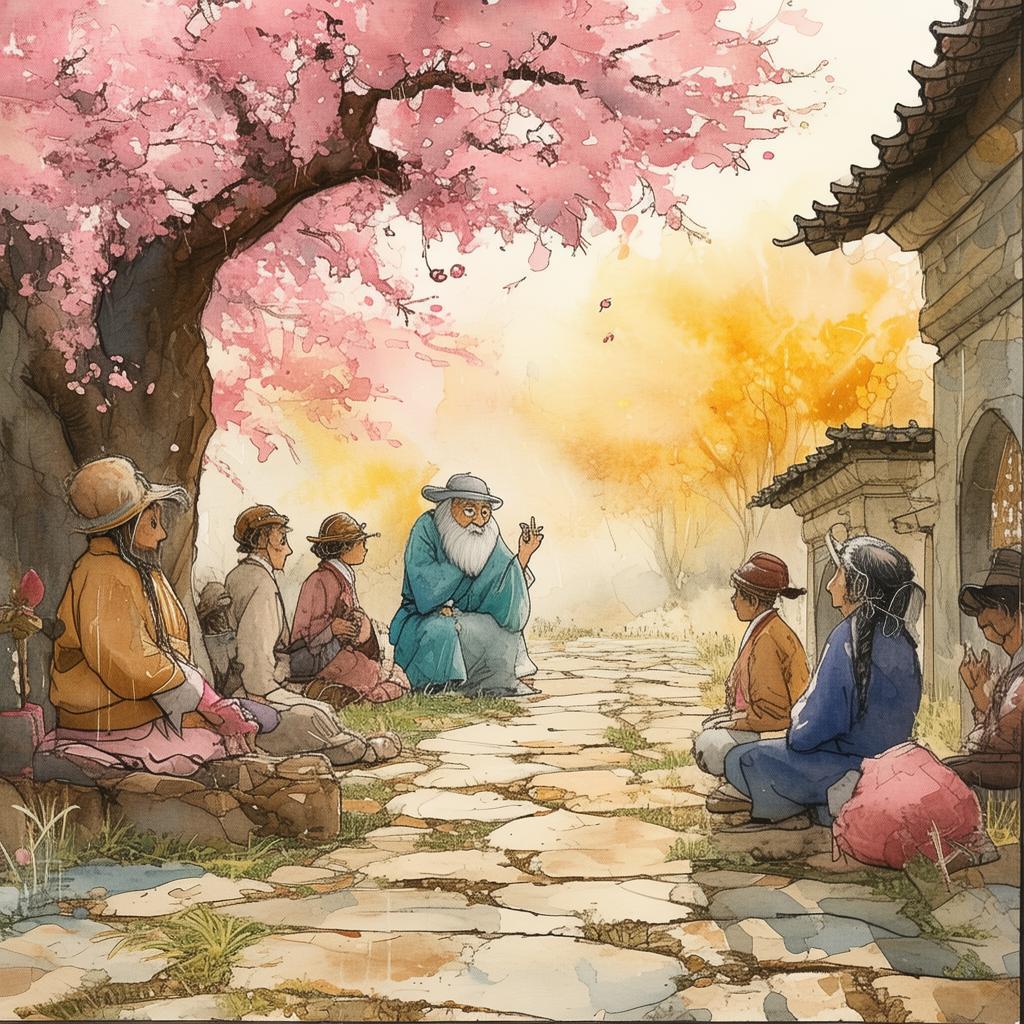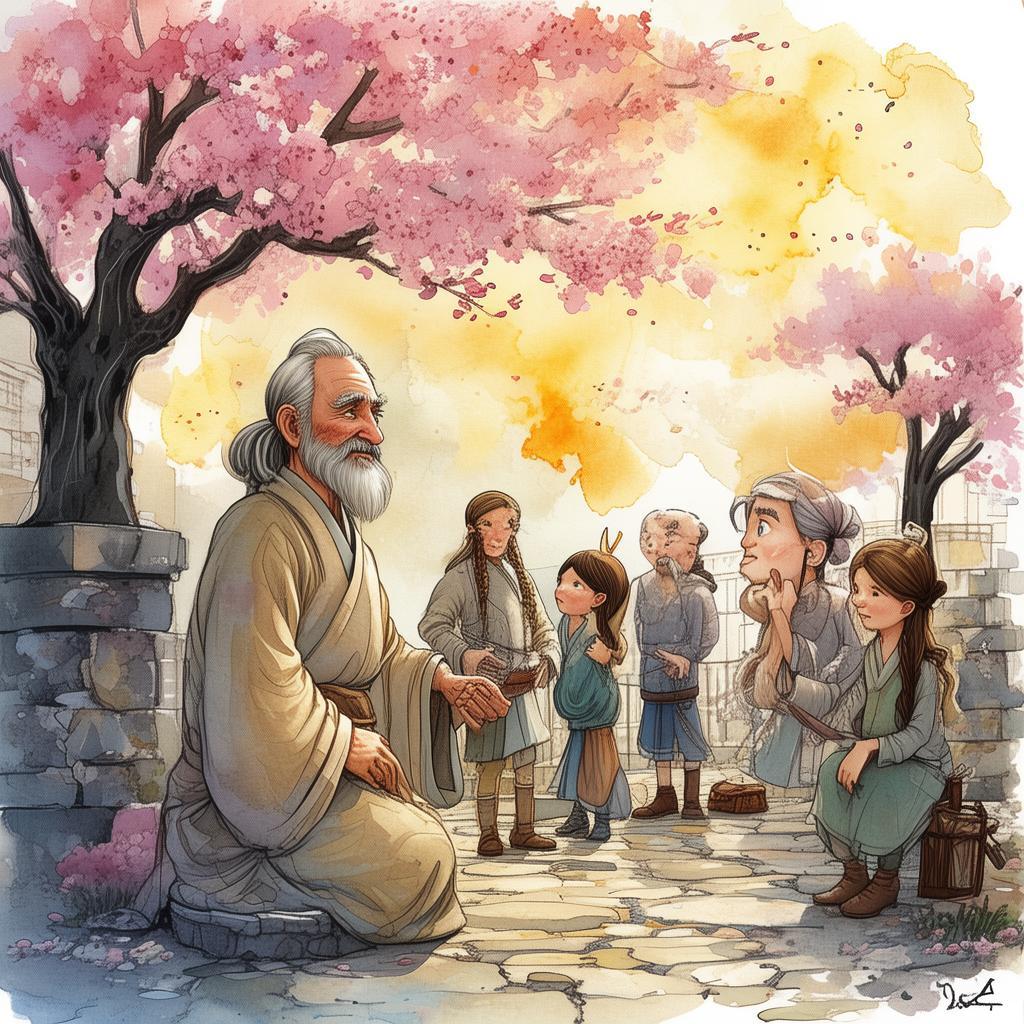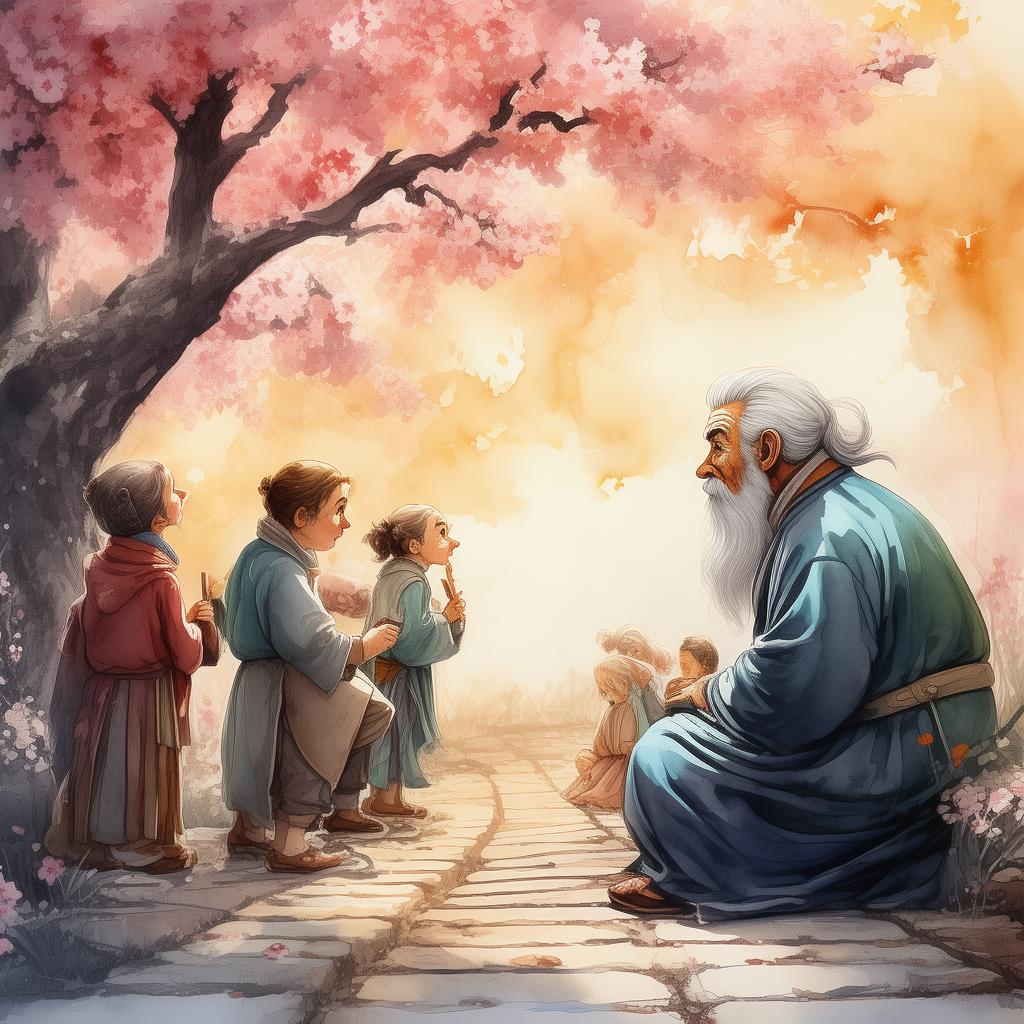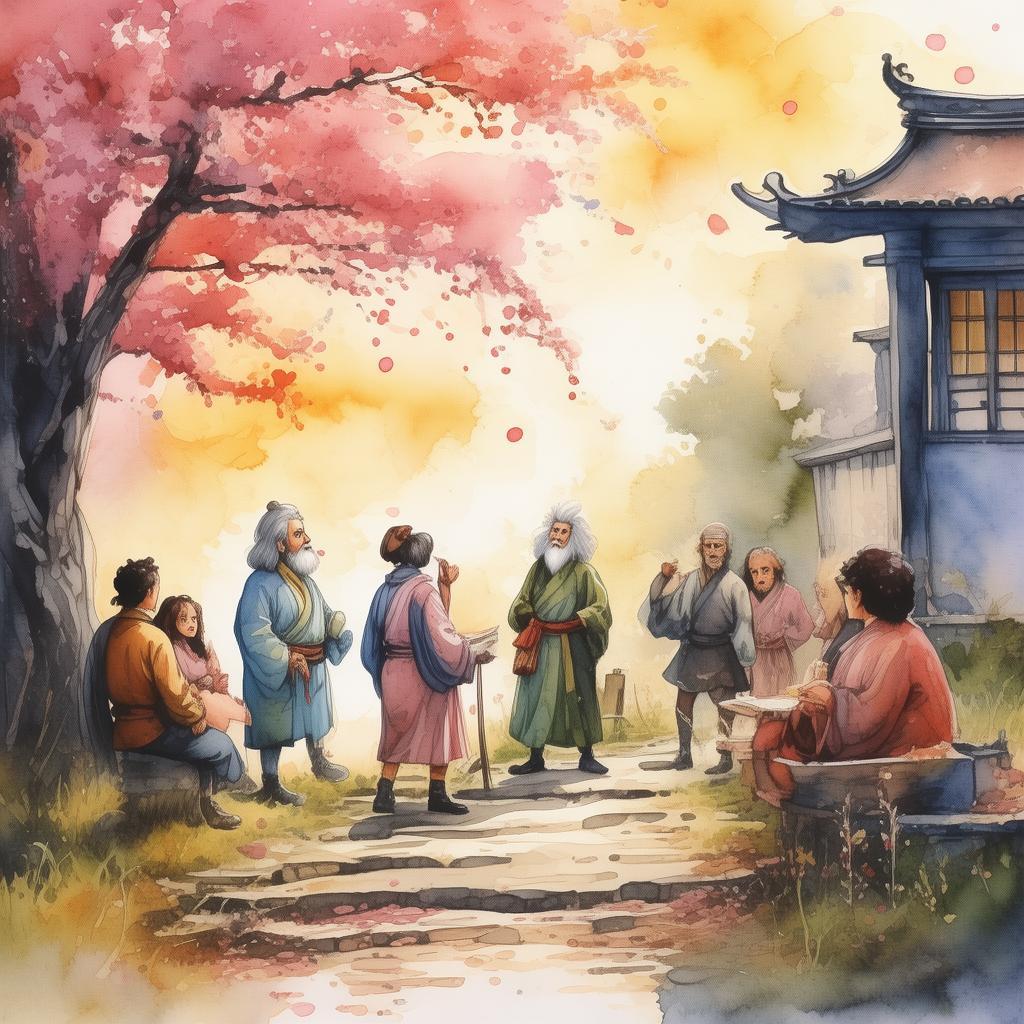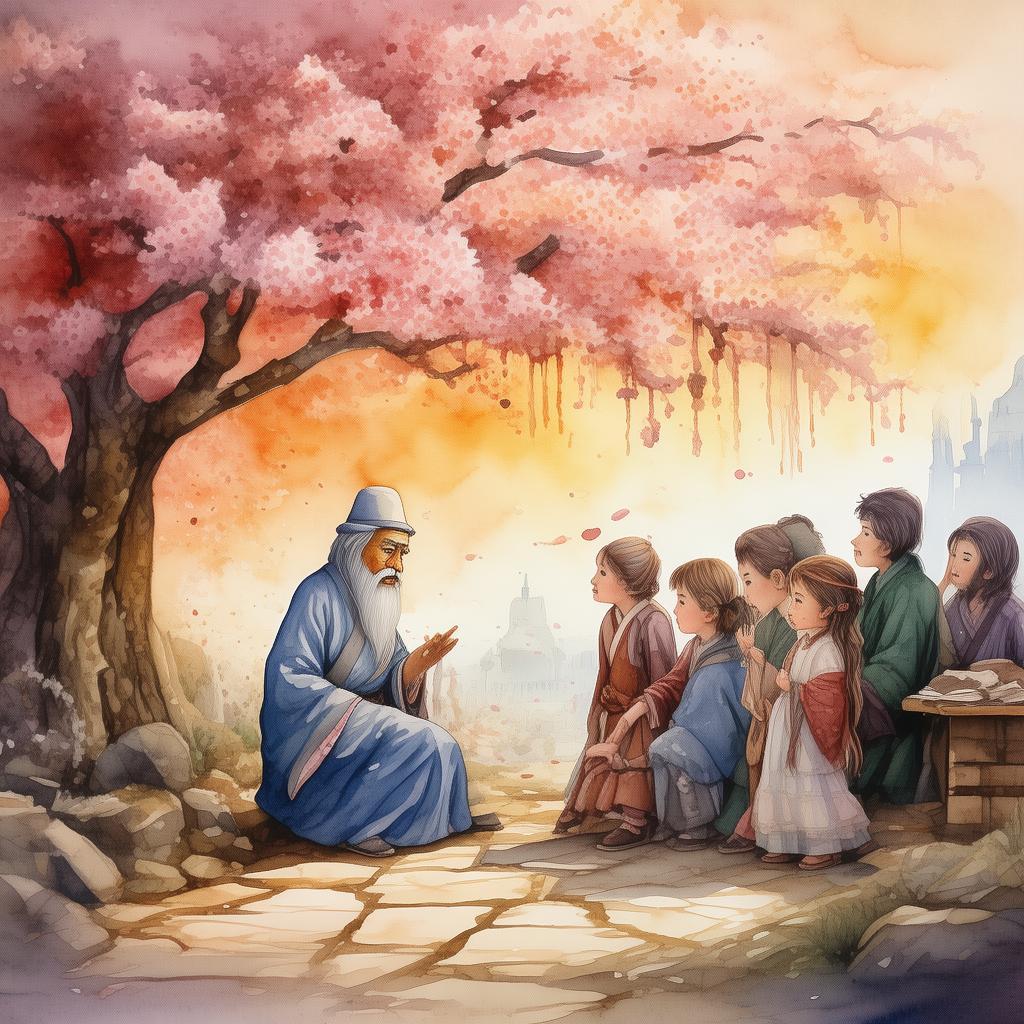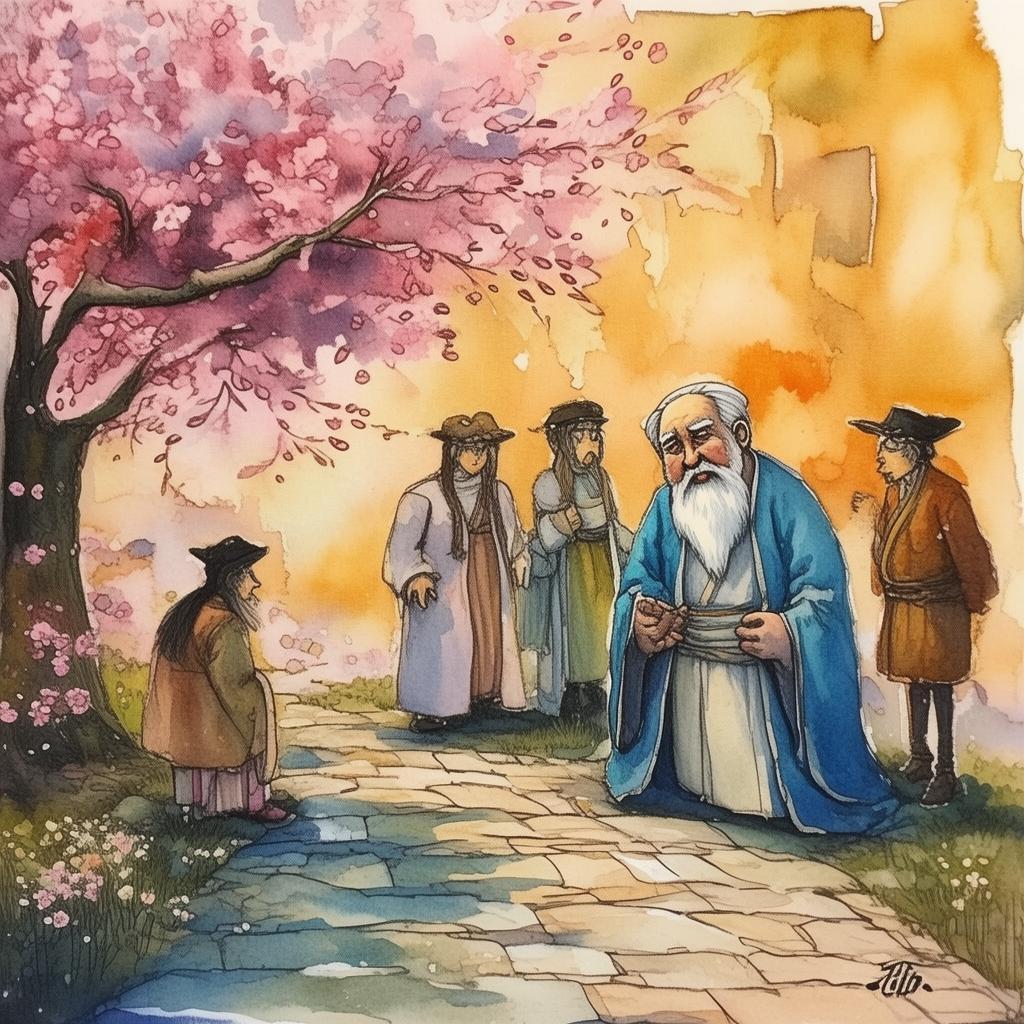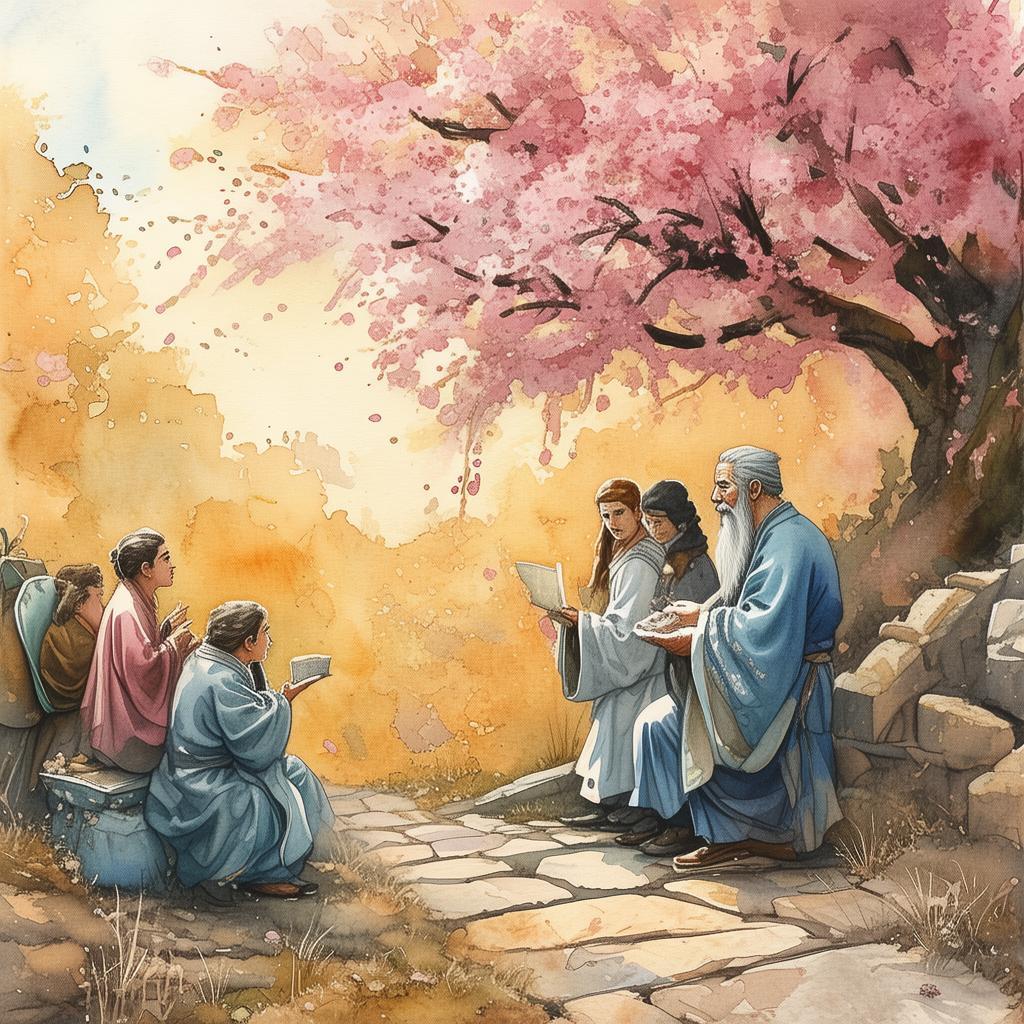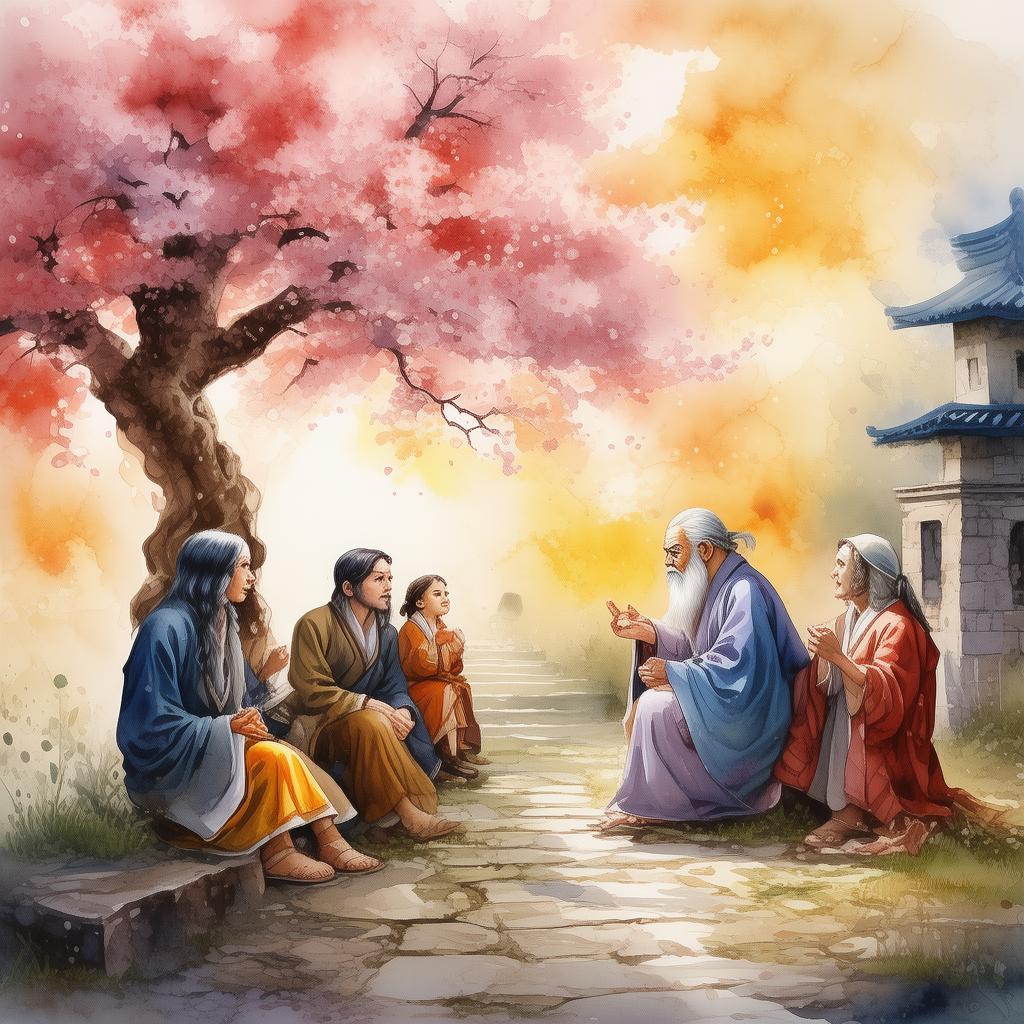The Rational's Riddle: The Unseen Clue
In the quiet town of Harmonia, where the sun sets over tranquil lakes and the whispering pines, Dr. Chen, a respected psychologist with a reputation for solving the most complex cases, received an unexpected package. The package was unmarked and contained a simple letter. It read:
> "Dear Dr. Chen,
> You have been chosen for a game of wits. The winner will uncover a truth long buried. The Rational's Riddle: Find the Unseen Clue.
Intrigued yet cautious, Dr. Chen set aside the letter to reflect on its origins. The next day, as he sat in his well-lit office, the phone rang. The voice on the other end was calm, almost conversational.
"Dr. Chen, I hope you received the letter. You are to find the Unseen Clue. Good luck."
The Unseen Clue was a puzzle, a riddle that required not only intellect but also intuition. It was a game that could only be played by someone like Dr. Chen, someone who understood the human mind better than most.
Days turned into weeks as Dr. Chen delved deeper into the enigma. He began to see patterns in his patients' lives, in their fears and desires, in their hidden motives. Each case brought him closer to the truth, yet he felt as though he was walking through a maze with no exit in sight.
The game became personal when Dr. Chen discovered that the riddle was connected to a missing person, a young woman named Eliza who had vanished without a trace ten years ago. Eliza had been his patient, and the last time he had seen her, she had spoken of a secret she was determined to uncover. The Rational's Riddle seemed to be a clue to Eliza's disappearance.
As the pieces of the puzzle began to fit together, Dr. Chen realized that the game was not just about finding Eliza; it was about understanding the depths of human psyche. The riddle's author was not just playing a game; they were offering a challenge to Dr. Chen's very sanity.
The game intensified with each clue, each piece of evidence that led him closer to the truth. He met with a series of individuals, each with a story to tell and a motive to keep quiet. The author of the riddle seemed to be guiding him through a labyrinth, leading him to a conclusion that was both shocking and profound.
One evening, as the town of Harmonia was enveloped in the calm before the storm, Dr. Chen received another call. The voice was different this time, filled with urgency.
"You have one hour. The truth is near. Go to the old lighthouse."
Without hesitation, Dr. Chen made his way to the old lighthouse that stood at the edge of town, its once-gleaming lantern now dark and forgotten. The lighthouse was a relic of the past, a symbol of hope for those lost at sea. But tonight, it was the place where Dr. Chen would find the final clue.
Inside the lighthouse, the air was thick with anticipation. Dr. Chen's heart raced as he moved through the dimly lit corridors, his footsteps echoing in the vast space. He reached the top, where the lantern should have been, but instead, he found a small, weathered box.
Opening the box, Dr. Chen's eyes widened. Inside was a single, worn-out photograph of Eliza standing in front of a grand library. The photograph had a note attached to it, a note that read:
> "The Rational's Riddle: The truth is not what you see. It is what you feel."
The note was a revelation. The riddle was not about finding a physical clue; it was about understanding the emotional truth behind Eliza's disappearance. Dr. Chen had been so focused on the logic of the puzzle that he had ignored the emotional side of it.
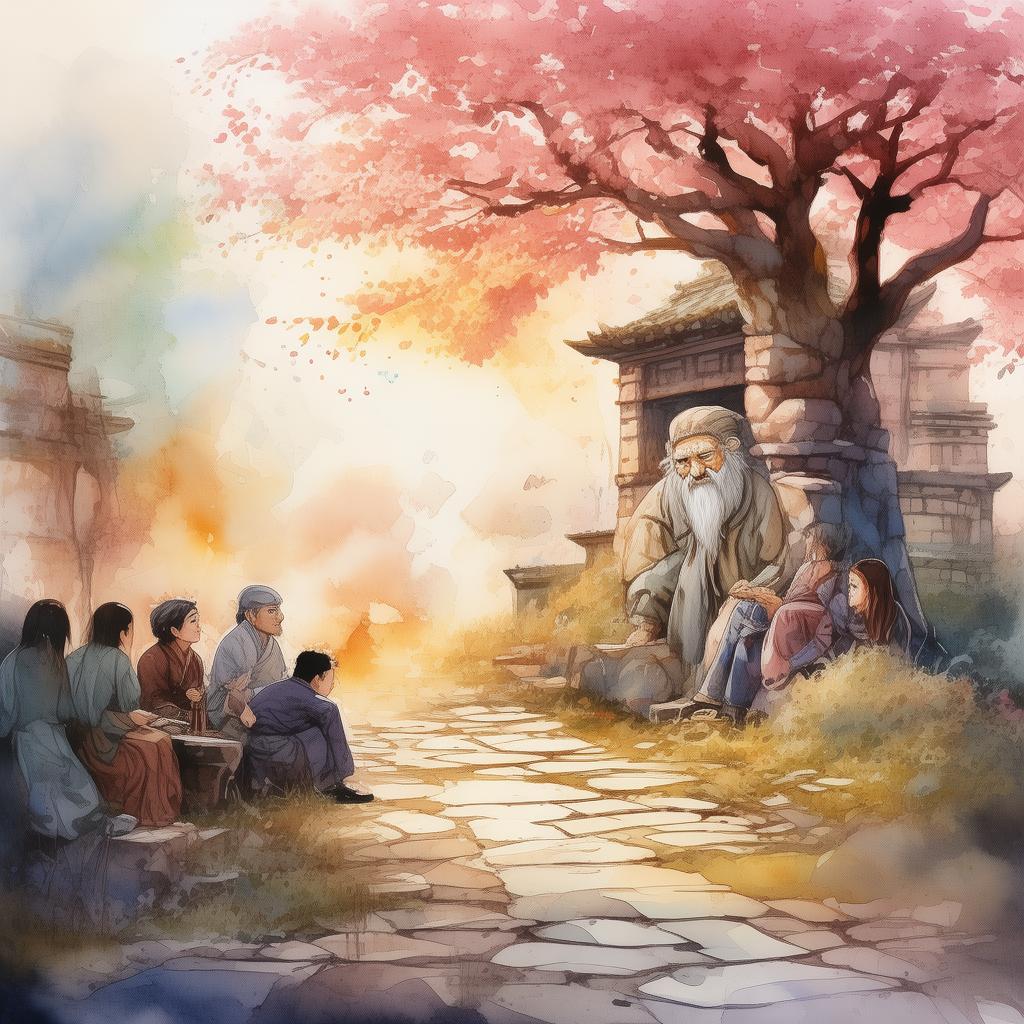
He knew then that the game was not over. The Unseen Clue was the emotional connection that Eliza had felt before her disappearance. It was the truth that she had been searching for, the truth that he had been searching for.
As the sun dipped below the horizon, casting long shadows across the lighthouse, Dr. Chen took a deep breath and stepped back. He had solved the riddle, but the game was far from over. The true challenge was to uncover the emotional truth that had led to Eliza's disappearance.
The Rational's Riddle: The Unseen Clue was a tale of psychological warfare, where the mind was the battlefield. It was a story that would stay with readers long after the last page was turned, a reminder that sometimes, the most profound truths are hidden in plain sight, just waiting to be felt.
✨ Original Statement ✨
All articles published on this website (including but not limited to text, images, videos, and other content) are original or authorized for reposting and are protected by relevant laws. Without the explicit written permission of this website, no individual or organization may copy, modify, repost, or use the content for commercial purposes.
If you need to quote or cooperate, please contact this site for authorization. We reserve the right to pursue legal responsibility for any unauthorized use.
Hereby declared.

